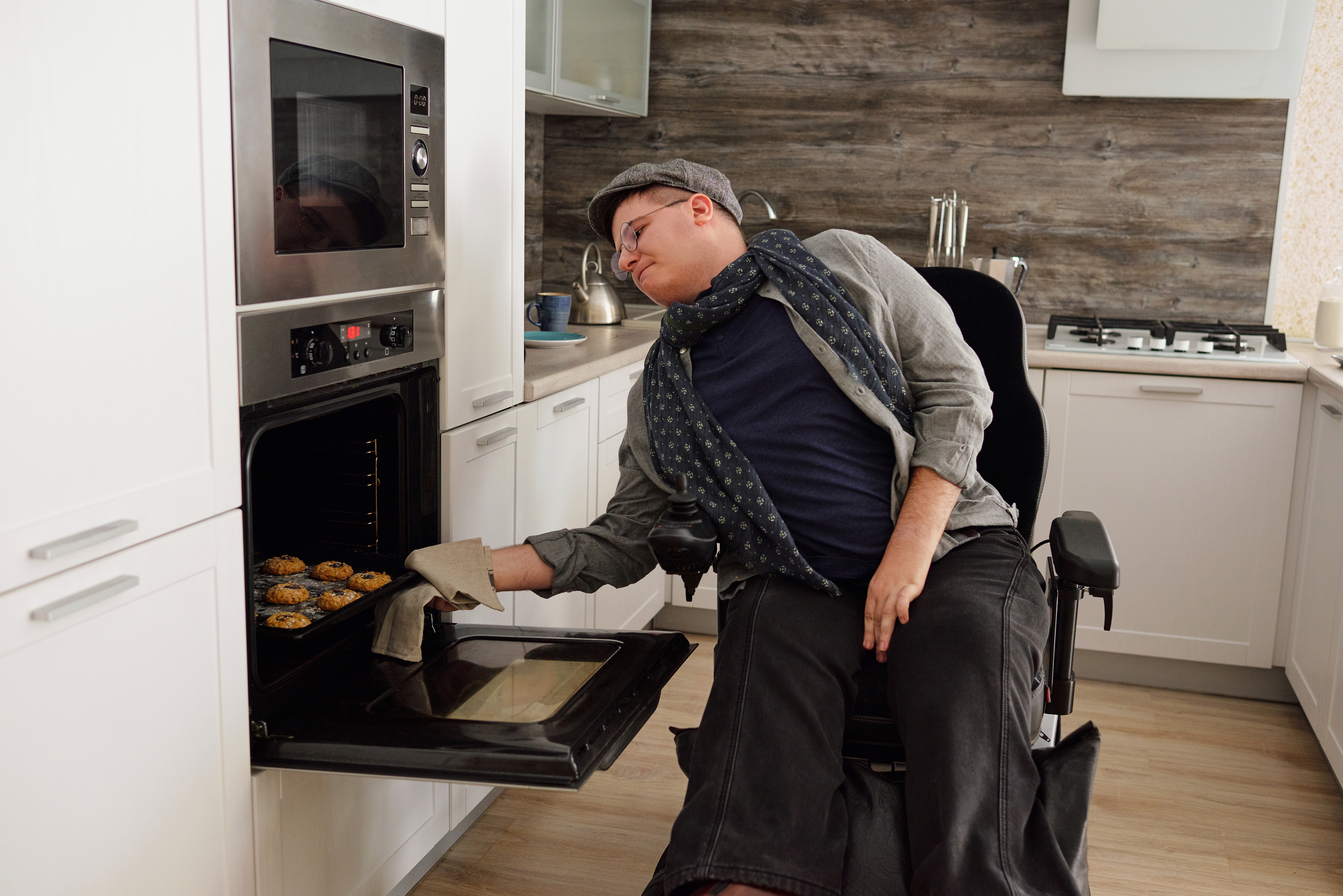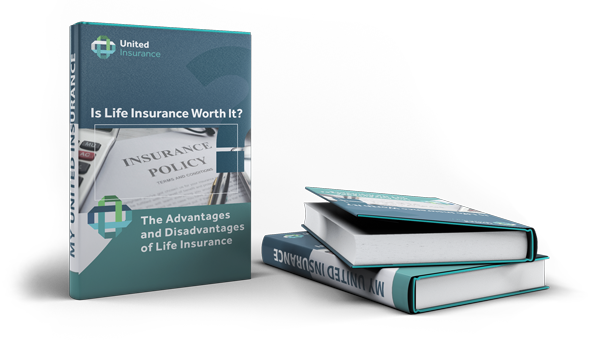
Disability insurance is one of the most important types of insurance that you can have. Unfortunately, many people don’t think about it until they need it. If you are unable to work due to an illness or injury, This can help pay your bills and keep you afloat financially. In this blog post, we will discuss why disability insurance is so important and how it can help you and your loved ones during difficult times.
Why Should You Have Disability Insurance?
Many people think that their home or their investment portfolio is their biggest asset. In reality, their earning potential is usually their most important asset.
Everything from paying your mortgage to saving for a child’s college education depends on your ability to earn money from your job. The lost income from a serious illness or injury that prevents you from working can be substantial.

Sadly, two-thirds of working Americans (63%) couldn’t make it six months before financial difficulties would set in. Also, 14% said they would have problems immediately, according to the 2022 Insurance Barometer Study by Life Happens and LIMRA. An already unfortunate situation is often compounded by hefty medical bills that pile up on top of everyday expenses. Financial hardship from an injury or illness could lead you to burn through your savings, sacrifice your quality of life or even lose your home.
Protect Your Future
One of the best ways to protect your future earning potential and keep you and your family on the solid financial ground is through a disability insurance policy.
Disability insurance steps in to help you cover expenses. It pays you a percentage of your salary if an illness or injury prevents you from working. Depending on your policy, this covers your lost income for anywhere from a few weeks to your entire working life.
You most likely purchase auto insurance, homeowners insurance, and maybe life insurance to protect yourself and the ones you love. Like each of these coverage options, disability insurance should be a part of your overall financial plan.
The main ways to get disability insurance are through your employer, through a professional organization, or on your own.
Do You Need it If You Work?
Simply put, if you have a job and rely on your income, you most likely need disability insurance.
This coverage can be thought of as insurance for your paycheck. It ensures that if you are unable to work due to illness or injury, you would continue to receive a portion of your income to help you make ends meet. Everyday expenses like mortgage or rent payments, utility bills, credit card bills, and more still pile up even if you can’t work. Hefty medical bills from the illness or injury can often make a bad situation even worse. Disability insurance can cover all this and more.
This makes disability insurance an important consideration for anyone with earnings from a job. After all, your future earnings could total millions of dollars. One in four people will become disabled and potentially face financial hardship at some point during her working life, according to the Social Security Administration.
When thinking about your need for coverage, be sure you consider all the different forms of earned income you may have including:
- Wages
- A salary
- Tips
- Net income from self-employment
- Other taxable employee compensation like bonuses and commissions
There are disability insurance policies tailored for those in specific professions. These include medical professionals, as well as for those who are self-employed. Those who work for an employer may get this coverage through their workplace. The key is to check to see if it would be enough if something happened. To find out how to get disability insurance, give us a call.
What Are The Types of Disability Insurance?
There are two main types of disability insurance:
- Short-term disability insurance replaces a percentage of your lost income. This is for a brief amount of time—typically, between three to six months. Many short-term disability policies are automatically offered by employers as a benefit to their employees.
- Long-term disability insurance replaces a percentage of your lost income for an extended period. That amount of time, which is known as the benefit period, can last anywhere from about a year until you reach retirement age. Long-term disability insurance usually replaces between 40% and 65% of your income. Like short-term disability insurance, this coverage may be automatically offered by your employer. You can also buy your policy if your employer doesn’t offer coverage. If you’re self-employed you can supplement what your needs are.

Both long-term and short-term disability insurance have a waiting period before you can receive benefits after suffering an injury or illness. It’s known as the “elimination period” and you can think of it as a deductible measured in time instead of money. The elimination period can last anywhere from a few days for short-term disability insurance to two years for long-term disability insurance.
If you have any questions we are always here to help. Thanks for reading.
